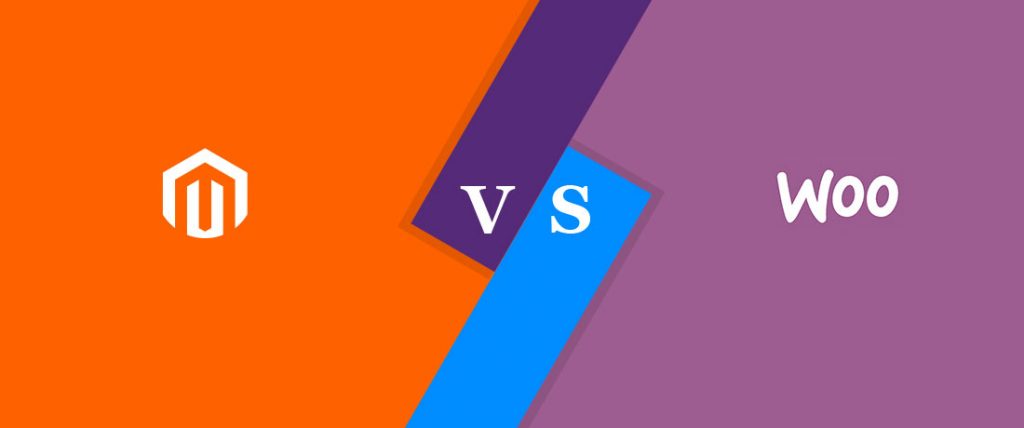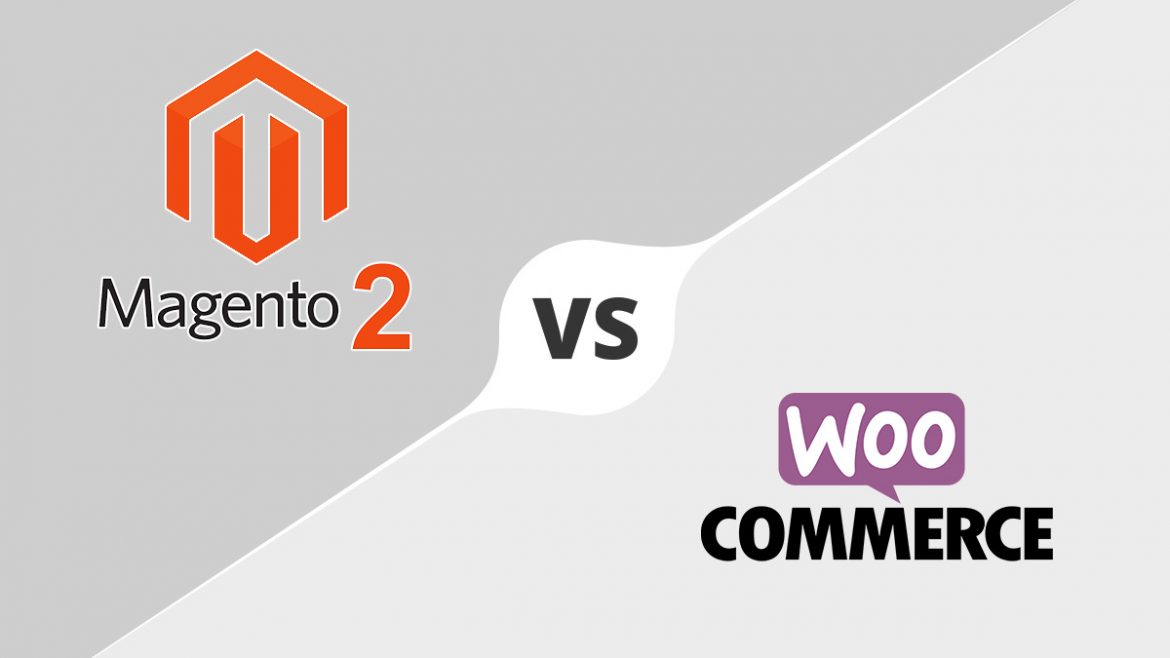Magento vs Woocommerce – Both platforms are very similar. They are both highly popular ecommerce software solutions. According to recent analysis, Magento is consistently better than WooCommerce in several important areas. One of the most evident differences is in the way that pages load. According to research, Magento often has a higher page loading time than WooCommerce and this difference is primarily caused by the use of ‘ngx_ui_main’ configuration instead of ‘ui’.
Based on this evidence, it can be concluded that the two frameworks differ primarily in terms of page loading time, but not in other ways. According to research, Magento consistently has a higher response time than WooCommerce, which may be due to the use of ‘ngx_ui_main’ instead of ‘ui’. For Magento, the maximum page load time is 615 milliseconds with very high security, reliability and availability. This is much faster than
the longest recorded time for any published ecommerce solution and clearly favors Magento.
Another big difference between the two platforms is the type of plug-ins that each platform provides. The most common Magento plugins are the ones that help the owner or designer of the ecommerce store design the website. There are lesser number of open-source Magento themes that are used in Woocommerce. The smaller
number of open-source themes makes it more difficult for users to change the look and feel of their site.
Both the Magento and Woocommerce stores have a group of popular plugins, most of which are developed by well-known developers. The biggest disadvantage of using open source platforms like Woocommerce and Magento is the lack of plugins that are compatible with older versions of both platforms. Older platforms such as Magento Lite and Woocommerce are more dependent on the default modules, whereas the older versions of both the platforms are more dependent on the official modules provided by the developers.
The speed of loading time of the websites is another major difference between the two platforms. Both Woocommerce and Magento have a very fast response time when compared to other ecommerce solutions. This results in customers having faster shopping experiences. The smaller page loading time of the Magento store is mostly because of the use of ‘Gorge’ extension which can be found in the core files of the platform.

While both the platforms come with their own benefits, there are differences in terms of customization. The best way to look at is to see how easy it is to customize the look of the websites that are based on these platforms. For instance, both platforms are very flexible, but the biggest disadvantage of Woocommerce is that it is not able to fully customize the look of the website. In addition, both the platforms make use of a lot of plugins, which makes customization easier, but both are lacking in terms of themes and templates.
One of the main differences between the two ecommerce platforms is the level of customer support available with both the companies. While many users claim that they have received satisfactory customer support from Woocommerce, some customers have reported that their queries were unanswered or delayed for weeks. Likewise, many users reported that they have waited months for their loading time to be adjusted. Both companies have a poor customer support reputation, and this results in many customers choosing to use the competition instead.
One of the major benefits of using Magento over Woocommerce is that it offers higher scalability. It is possible to create very complex sites with just a few hundred lines of code, whereas using Woocommerce it is not possible to create such a site with even a small amount of code. Another advantage of the combination of these two ecommerce solutions is that they both offer extensive security to the website. Both platforms are built with authentication features like SSLs and JBs which allow multiple websites to communicate with each other. In addition to this, both the systems offer comprehensive security measures such as preventing hacking, preventing stealing, and restricting access to the admin panel and database.


